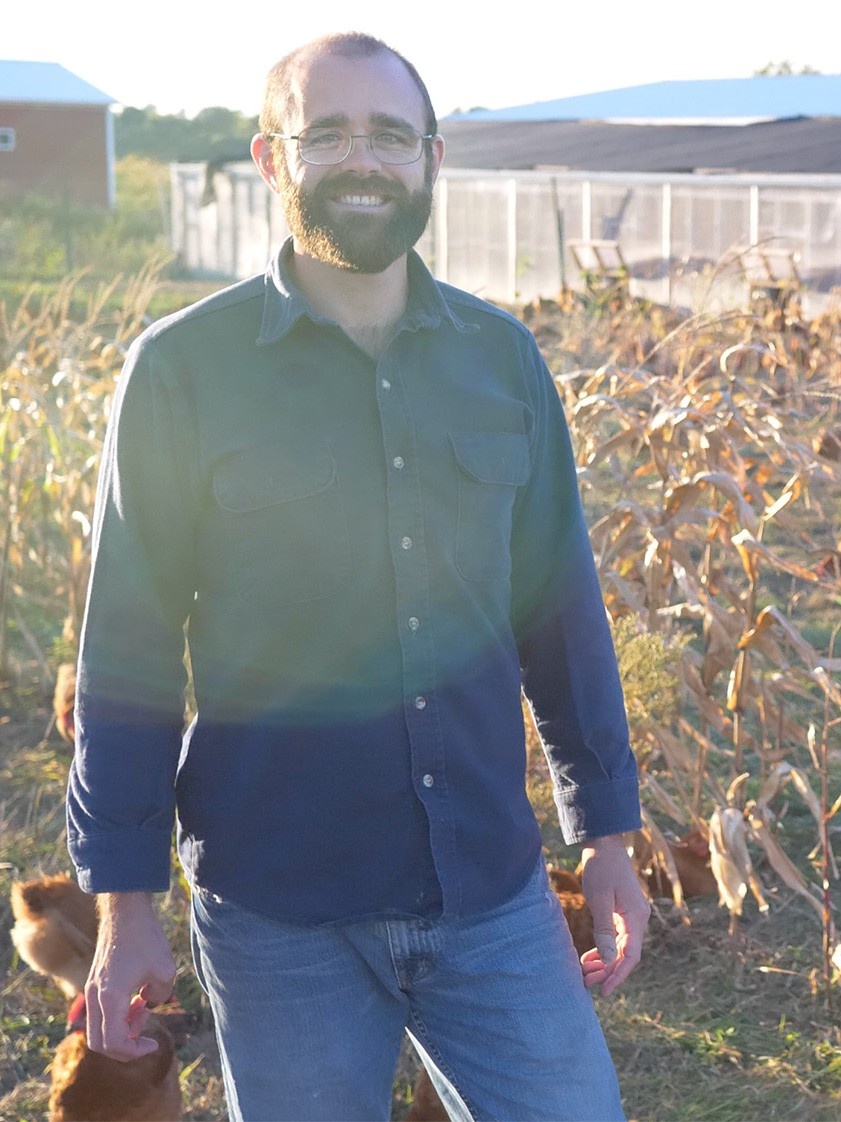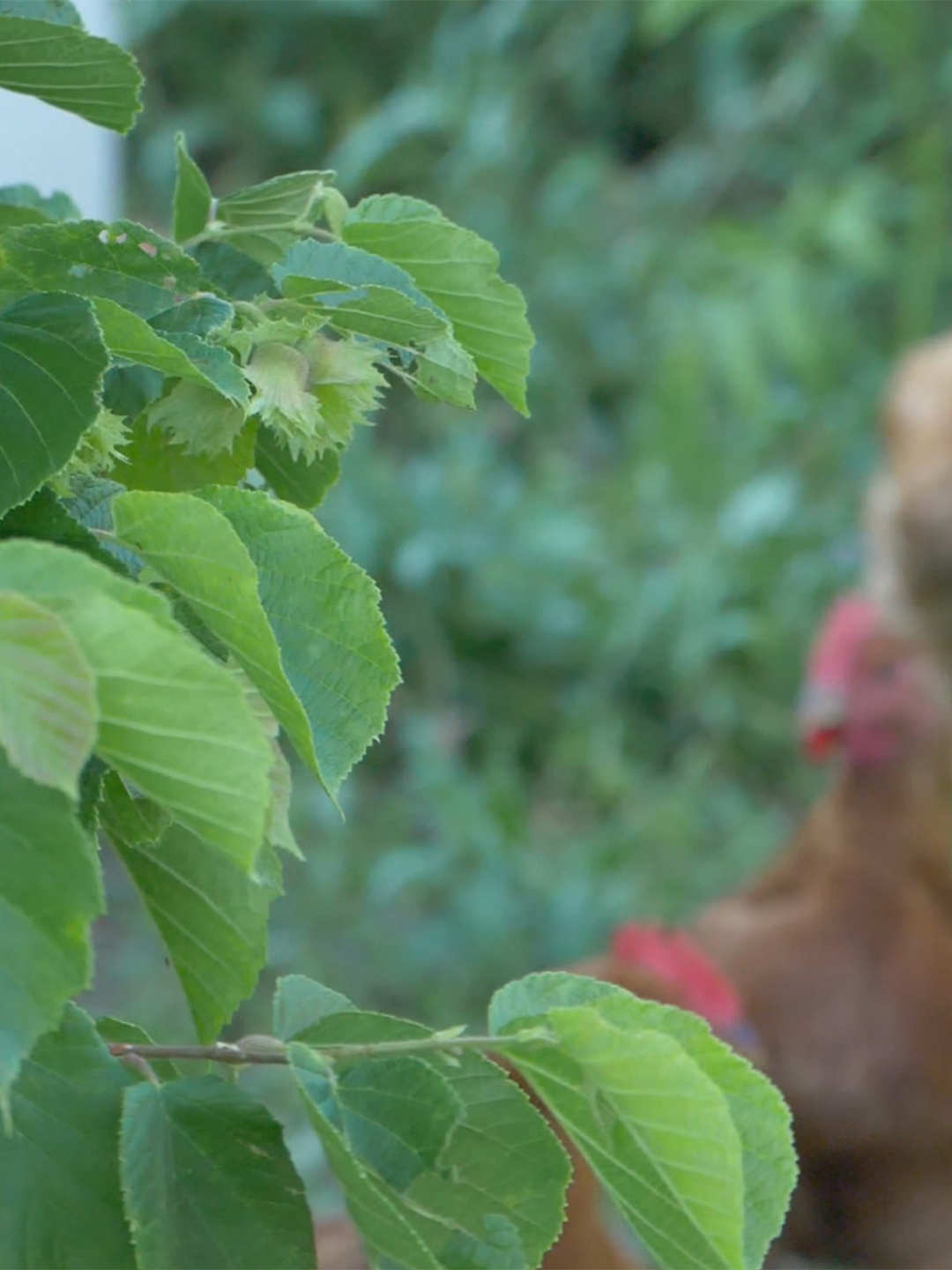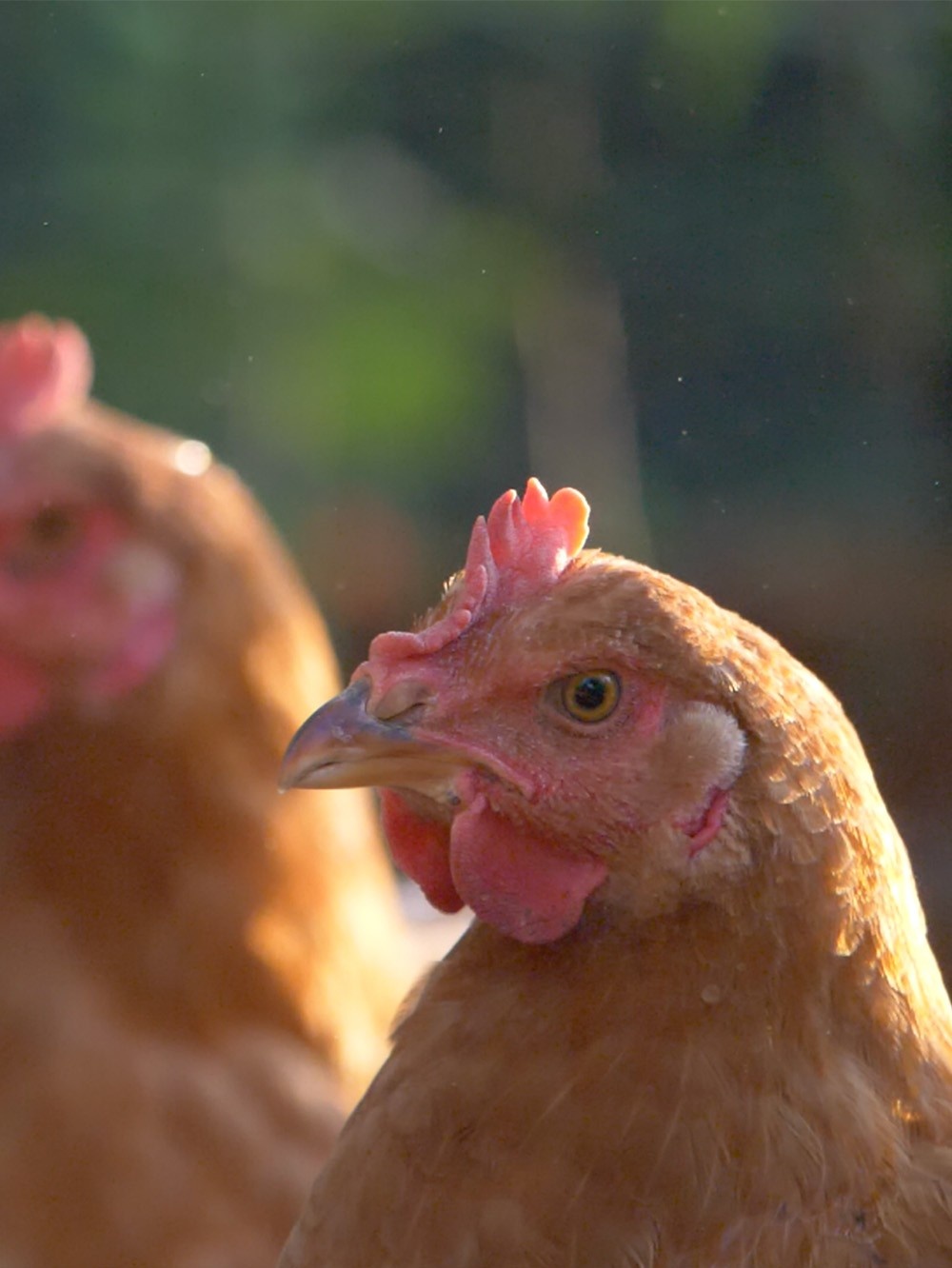About Our Work
A poultry-powered, planet cooling, scalable regenerative agriculture system
Reginaldo Haslett-Marroquin’s approach to business development and systems change has allowed him to create space for small farmers and large businesses alike to work in alignment with the ecology of the land. He assists in developing and navigating people's journey towards successful regenerative farming operations through an indigenous framework of thought.

Reginaldo Haslett- Marroquin
Author/Entrepreneur/Ashoka fellow
Co-Founder Tree-Range® Chicken
Advisor to the World Council of Indigenous Peoples
Recipient of Moses Change Maker Award (2020)
Founding Member Fair-Trade Federation (1994)
A Lifetime of Working Toward Food Systems Change and Regenerative Impact
The food system has need for a movement that prioritizes nutritious and uninhibited food access. A movement that tips agricultural engineering from a colonizing and extractive model to a self-reliant and resilient regenerative practice. For over a decade community leaders in Guatemala, Mexico, Minnesota, and other locations have been engaged in developing a theory of change centered on ancient indigenous ways of thinking. Years of consultations with mentors and elders across these communities has resulted in the development of an economically, ecologically, socially, and spiritually sound way of participating in regenerative agriculture.

The world shifts towards regenerative practices as farmers and industries discover the impact and potential of perennial land management and livestock production. This shift has led to the ability of RAS to teach and impact regenerative practices through the poultry-centered strategy we promote on this site. We teach regenerative agriculture from an indigenous and circular understanding of all the systems we involve ourselves in as farmers and organizations to ensure healthy and happy environments for the farmers, workers, lands and communities we are connected to. RAS along with the RAA and Tree Range® Chicken have created a business ecosystem based on these same regenerative values. It is crucial to an indegenous understanding of regeneration that we not only steward the land in a regenerative way, but that this mindset and integrity is also brought into the organizations we are involved in and lead.

A Company Dedicated to Regenerative Industry Growth
RAS hopes to inspire and guide farmers, professionals, and corporate leaders to view regenerative agriculture as a tested, established, and available way of farming at a small or large scale. We primarily engage farmers through the Regenerative Poultry Production training, a standardized model for raising poultry for Tree-Range® Chicken. The poultry model has served as the foundation from which we have been able to test and codify a regenerative framework for other agricultural industry models as well. In our work with Regenerative Poultry Production training we aim to allow space for people to grow in their understanding of the earth and their own capabilities, to create a network of farmers that together create a sustainable and scaled production of regenerative poultry in Minnesota, Wisconsin, and Iowa. We have helped farmers develop successful farm businesses with the regenerative poultry production training and consultation that can be completed right here on this site and applied practically anywhere in the world. Subsequent in-person training is available for those who complete the online course.
A Regenerative System Framework
A chicken can not be regenerative by itself, it has to come from a regenerative system. RAS and Reginaldo have spent upwards of 12 years developing a regenerative framework to systematize regeneration as an agricultural and community-oriented practice. This framework has been implemented in the Regenerative Poultry System to create a scalable way of building community wealth and distributing regenerative chicken nationally.


A Poultry Production Model for Change
Regenerative Poultry Production is an individual production model that produces chicken within the larger Regenerative Poultry System of Tree Range® Chicken, it is this model that is taught to farmers in the Regenerative Poultry Production training. Every Tree-Range® chicken shifts us towards a regenerative poultry supply chain. Every chicken within this system supports farmers, field workers, delivery workers, socially responsible investors, consumers, and their adjacent community. With Regenerative Poultry Production, we are able to build more permanent and resilient pathways for minority and rural communities everywhere to lead in a systems-level, land-based regenerative agriculture system.
Select the path that’s right for you to start your future in Regenerative Agriculture!
Take the Regenerative Poultry Production Training
Enroll online in the regenerative poultry production training and learn the next steps in regenerating your land and farm business.
Purchase a Regenerative Systems Consultation
Book a regenerative system consultation to assess the task of bringing current agricultural operations to a regenerative level of thinking.
Join our In-Person Training, Tours, and Internships
Join as opportunities arise to train and intern at Salvatierra Farms and partner farms. Stay active on the RAA, RAS, and Salvatierra Farms sites for updates on tours and events.
An Ancient Understanding of Regenerative
Regenerative
Regi and RAS approach regeneration from an indigenous mindset, one that is circular and all-encompassing. To be regenerative does not end with restoring land, it is a mindset of restoration that involves and includes those who work the land alongside the grass and birds. We respect, involve, and care for the entire ecosystem we participate in, from our communities to the pebbles at the bottom of the stream. Being regenerative is reflected in the way we interact with the entire world.
Practicing Regenerative Agriculture
Truly practicing regenerative agriculture means approaching our farming from an indigenous mindset. Understanding, respecting, and rebuilding all the systems we are a part of. This is a process that looks different for each land and community. This is why the key to regenerative agriculture lies in the mindset of the people practicing it. People must commit to building community wealth, restoring working conditions, reestablishing native ecology, and promoting animal welfare.
